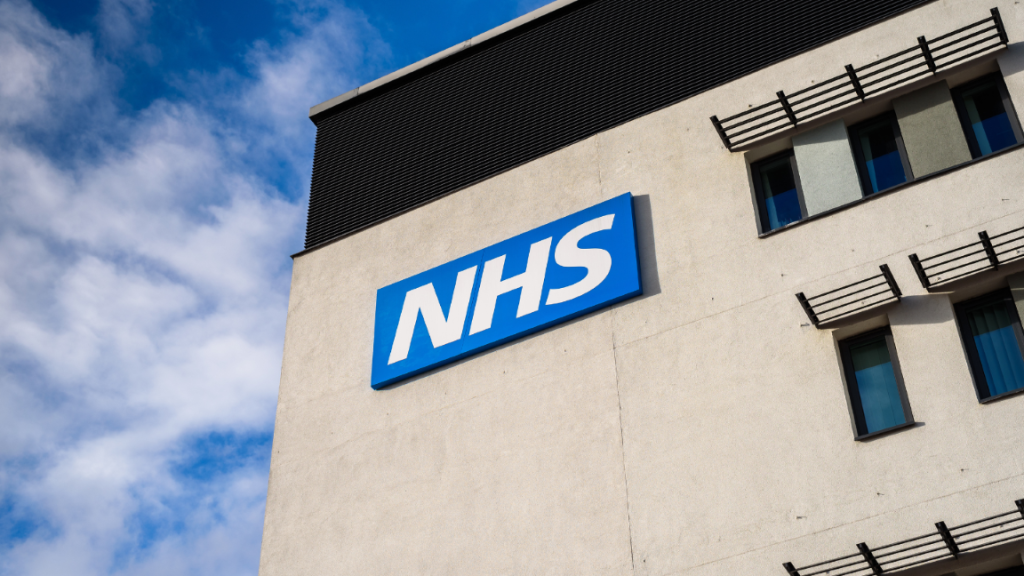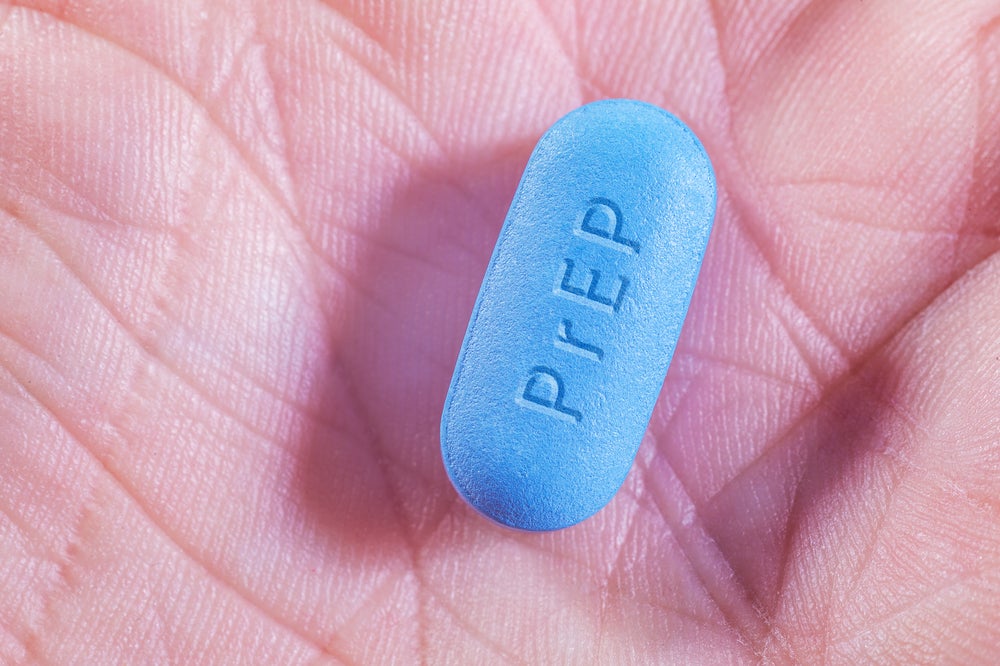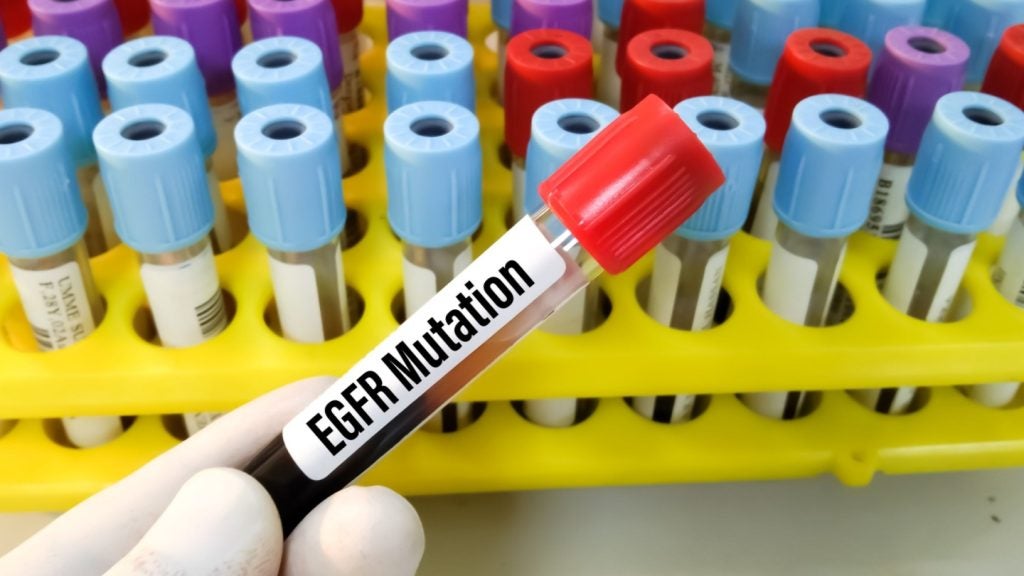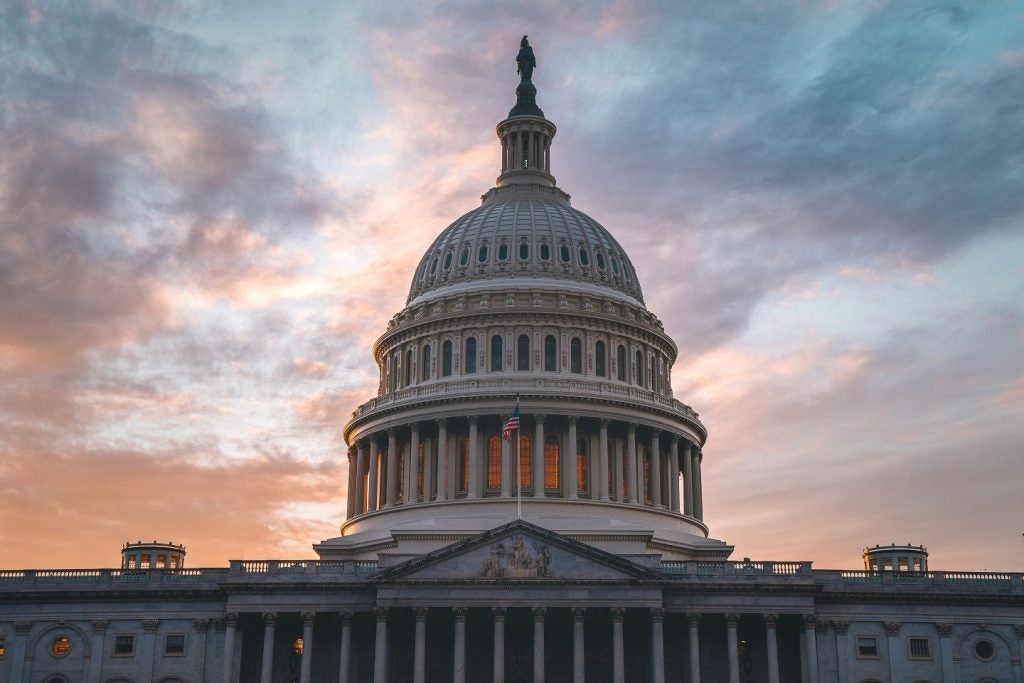Experts are emphasising that safeguarding patient data from corporations and cyberattacks is vital for the NHS to create a single health record database.
The UK Government is pushing for a move towards a single, unified digital patient record within the NHS, aiming to improve patient care and streamline healthcare processes. The initiative, part of the 'Data Saves Lives' strategy, would create a central system with a patient's complete medical history that can be used by clinicians and for research purposes.
During a Westminster Health Forum session on 2 July, several health specialists discussed the benefits and flaws that would come with creating a single registry for UK patients' data while evaluating the complexities of implementing such a task.
While it was widely regarded that this would be a long and complex process for the NHS, the overall sentiment was that a single database would be beneficial for all stakeholders. This must be balanced, however, with the safety of creating such a repository.
Clinicians will have timely access to data
Dr Nicola Byrne, the National Data Guardian for health and adult social care in England, explained that the system would allow clinicians to have timely access to necessary information while also allowing patients to view their complete data.
"My predecessor, Dame Fiona Caldicott, was very keen about getting the basics right and people having clinicians having the information they need when they need it for people's care, and people being able to see that information themselves,” Byrne said.
A central hub would also benefit researchers, added Emily Jefferson from Health Data Research (HDR) UK. It was recently announced that the Wellcome Trust would partner with the government to establish a new £600m Health Data Research Service, which will also be used by HDR UK.
"We see every day how securely linking and utilising data can save lives, improve services and drive research forward,” Jefferson said.
It must, however, be clear to patients where the benefit is for them in sharing their health data on this scale.
Jefferson added: “Every project must deliver a tangible benefit to patients. Above all else, every data-driven project needs to translate into real, measurable improvements in patient care,”
“A cyber hazard visible from space”
However, creating a single data portal for NHS patients carries risks, according to Professor Joe McDonald, medical director of the Access Group, who doubts that a single, national record is the right approach.
“I don't see the need to create the national database, which will be a cyber hazard visible from space and the most attractive target in the world,” McDonald said.
“It just seems to be more sensible to do things as we have been doing them, regionally with trusted research environments.”
Chelsea and Westminster Hospital NHS Foundation Trust's digital operations and innovation director Bruno Botelho commented that "cyber threats are becoming more intelligent", emphasising the need to collaborate with agencies to strengthen data security.
In the UK, GPs ensure the safe storage and use of data belonging to patients, highlighted Katie Bramall-Stainer, chair of the GPs Committee for the British Medical Association (BMA). As a result, any breach of this could be problematic for GPs.
She said: "The GP record is arguably the richest and most comprehensive medical data set anywhere in the world. So, looking after it is no small feat.
"Your GP is someone you can trust wholeheartedly with your medical information, safe in the knowledge that they'll always ensure any attempts to use it for anything other than your direct care are closely scrutinised and dealt with in line with your expectations and the law's expectations.
"If this is to be done, it must be done right. The governance has got to be watertight."
While looking at the benefits and risks is of importance, in a system as large as the NHS, implementation must also be considered, shared Dr Wareed Alenaini. Alenaini noted challenges of implementing such a system, including how currently NHS data access is "fragmented and inconsistent" due to different trusts being on different systems, as well as having different standards for data governance.














